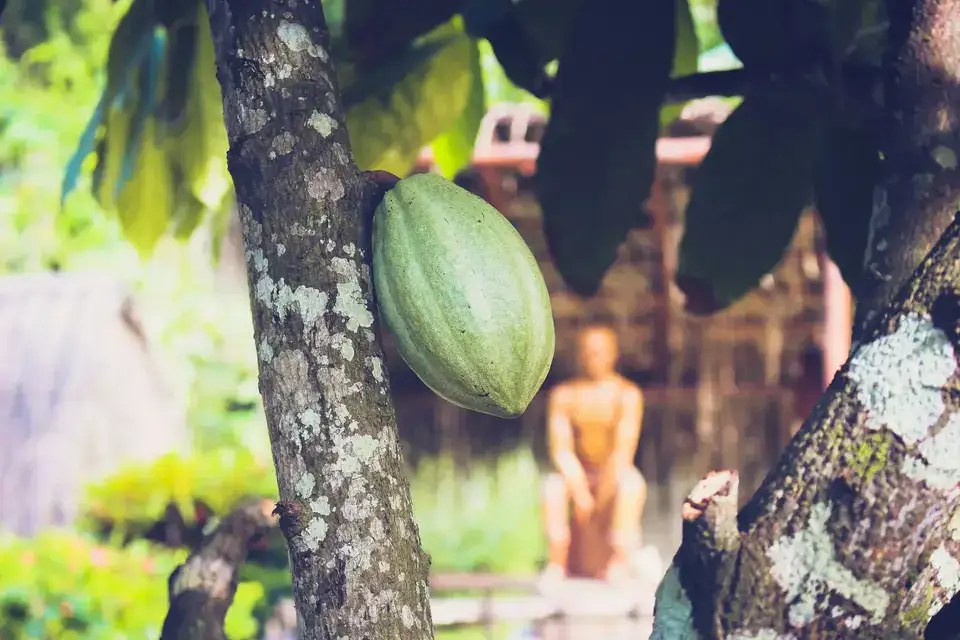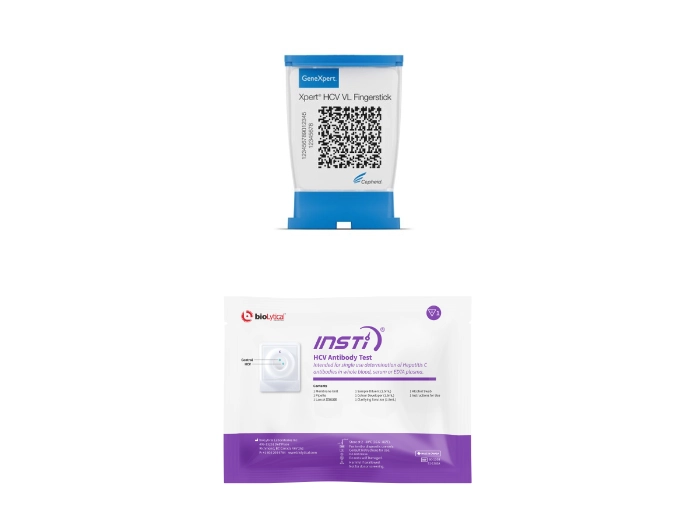Your reference for hepatitis C in Quebec
Cocoa, a delicious ally for the liver, c’est ce que titre Le Figaro, qui relève que « le chocolat est hépatoprotecteur, à condition d’être bien noir », ajoutant que « les centaines de molécules contenues dans les fèves de cacao sont utiles pour le foie, le sang, mais aussi le coeur et le cerveau ».
The newspaper points out that “cocoa is rich in antioxidants, which help fight cell aging and inflammation. The cocoa content of chocolate is therefore essential. But milk chocolate doesn't contain enough - the antioxidants are in trace amounts - and white chocolate is devoid of them because it's made from cocoa butter rather than cocoa”.

The Figaro points out that "thanks to its high antioxidant content, cocoa is a real protector of the liver. This has already been demonstrated in healthy people. It has just been tested on people whose livers are affected by a viral infection".
Co-authors Prof. Philippe Sogni (hepatologist at Cochin Hospital) and Patrizia Carrieri, epidemiologist at Inserm UMR 912 (Marseille), point out that “people affected by HIV or the hepatitis C virus experience inflammation and premature aging of the liver. This poor liver function is likely to lead to cirrhosis and liver cancer”.
“The aim of our research was therefore to study the effect of cocoa consumption on liver functionality in these individuals. Indeed, antioxidants enable us to fight inflammation in the body, which is associated with aging and poor functioning of certain organs, including the liver”, explain the authors.
They continue: "Our study, based on clinical and behavioral data from 990 patients (from the ANRS HEPAVIH cohort), showed that those who consumed cocoa (through chocolate) on a daily basis were 40% less likely to have abnormal liver enzyme values (a reflection of liver health), which is not negligible. In comparison, consumption of 3 or more cups of coffee per day was associated with a reduction in the severity of liver disease by about a third".
“Finally, we found a dose-response relationship: this means that the more frequent the consumption (up to several times a day), the greater the protective effects,” say the researchers.
They add that “although we were unable to measure the type and quantity of chocolate consumed, we do know that the effect is attributable to certain polyphenols - epicatechin in particular - and that an adapted consumption of dark chocolate ensures an effective dose. Thirty or 40 grams of dark chocolate (70% or more) a day - that's 3 or 4 squares a day - could enable us to obtain the doses of polyphenols with a hepatoprotective effect more quickly, without weighing too heavily on calories”. In other words, cocoa is a delicious ally for the liver.
By Le Figaro . Published November 20, 2017.




